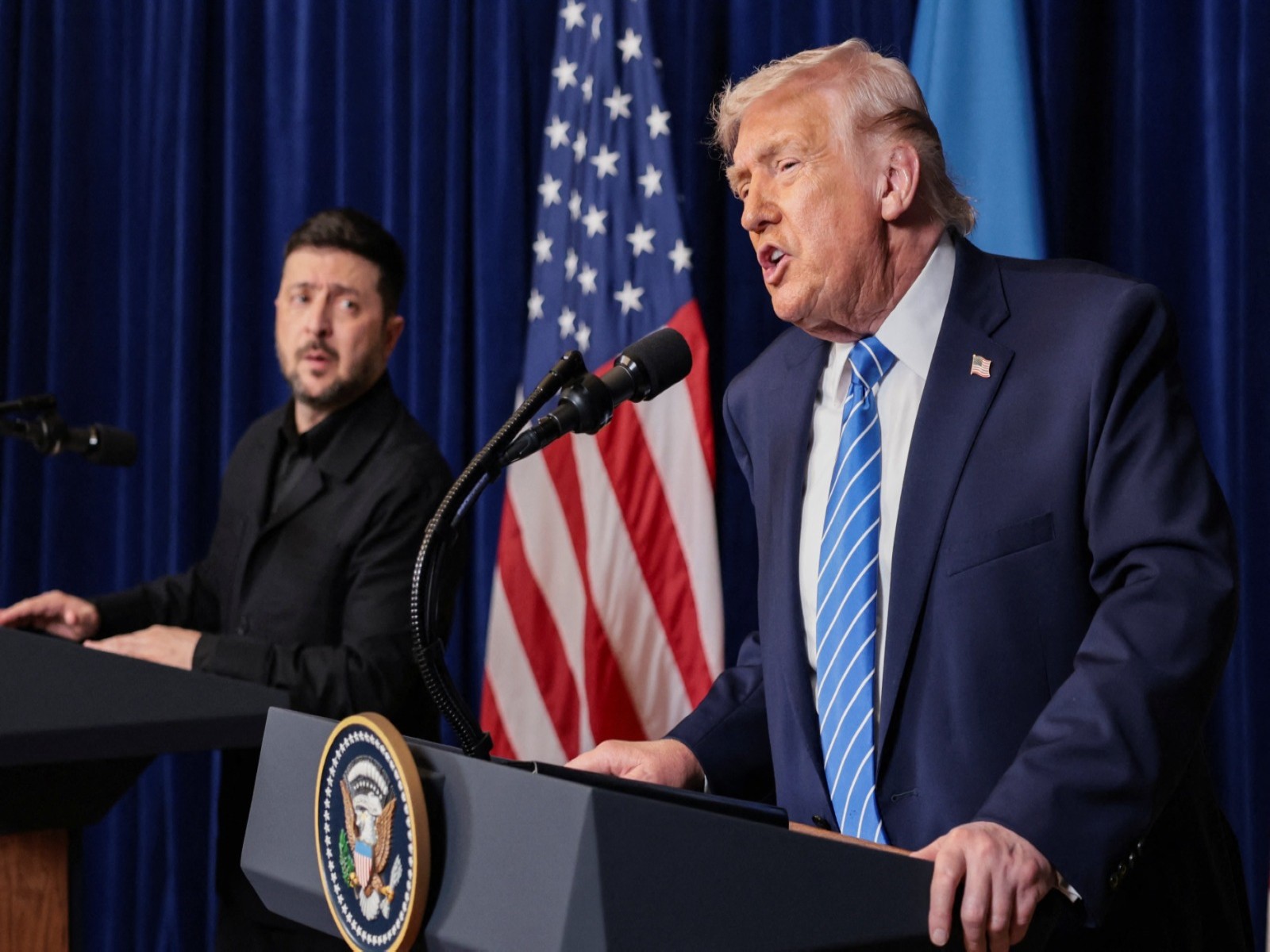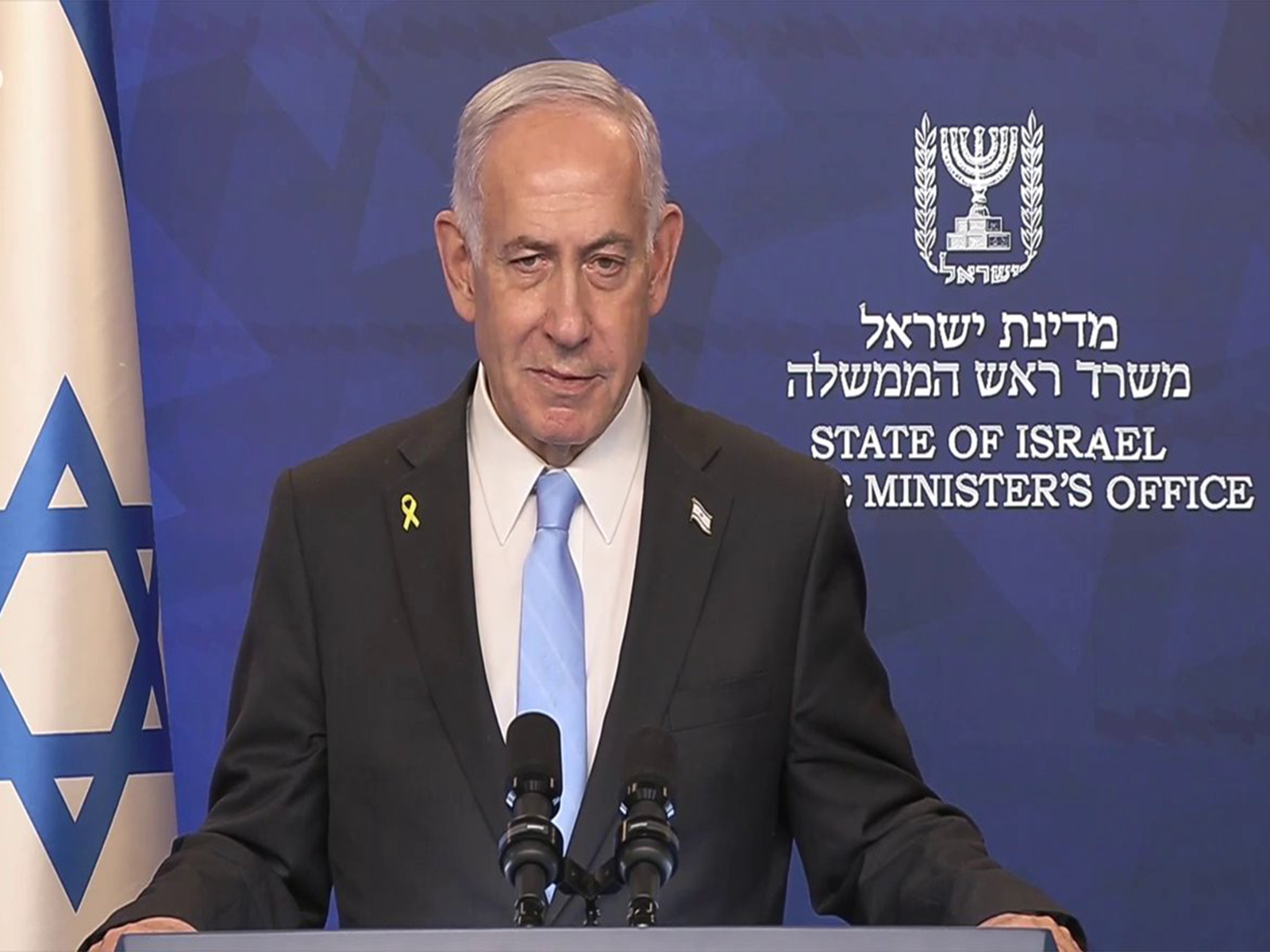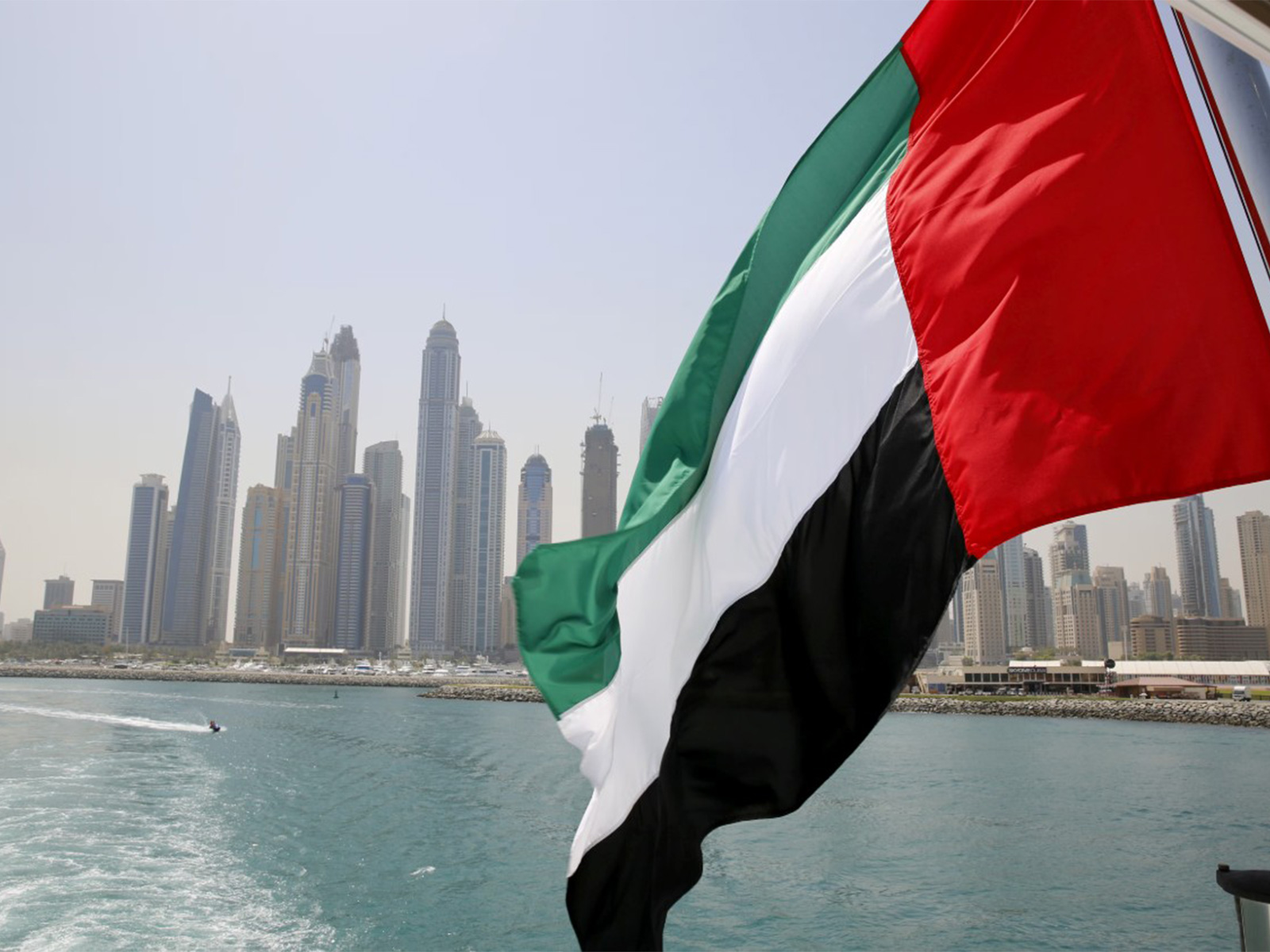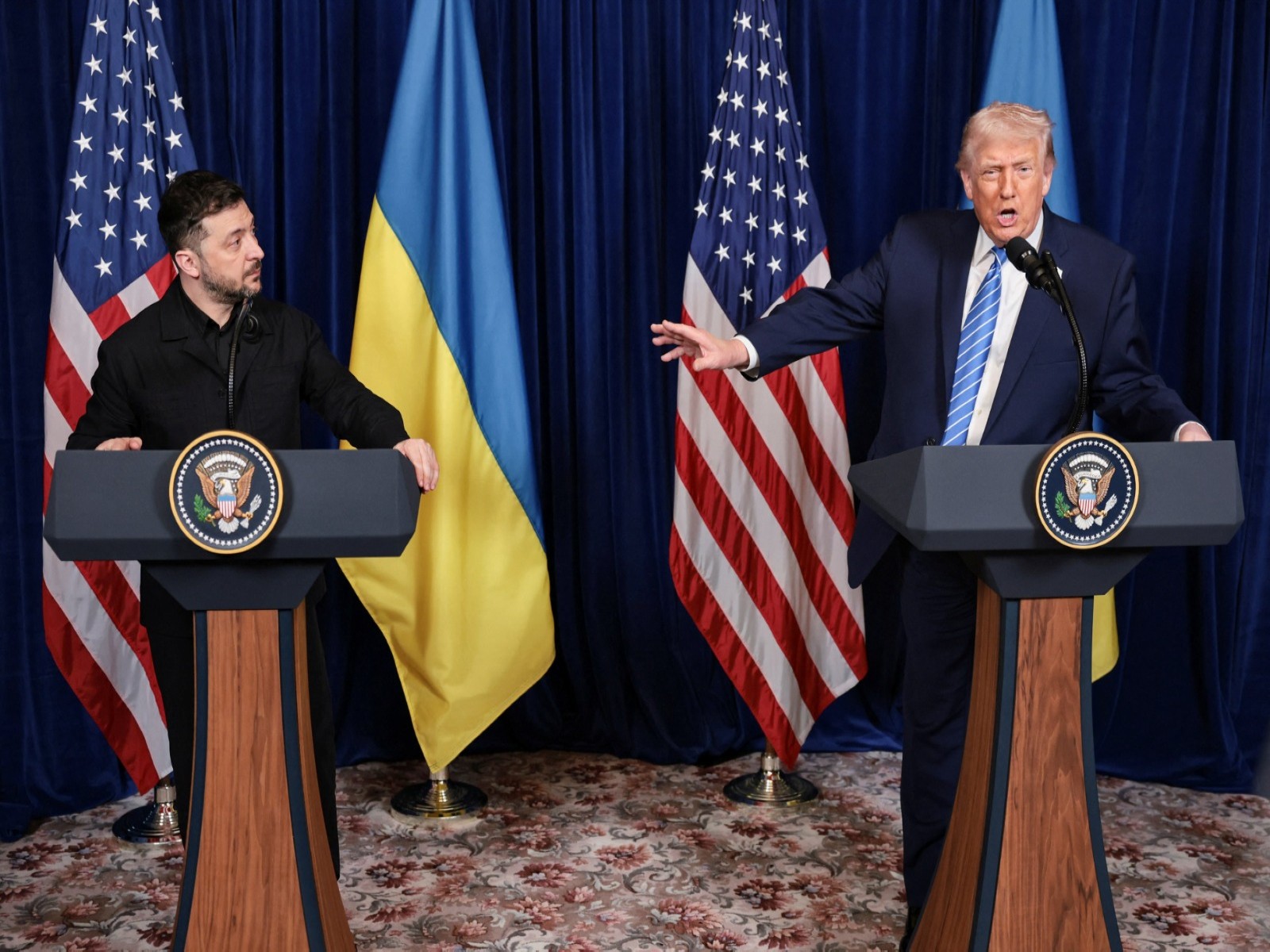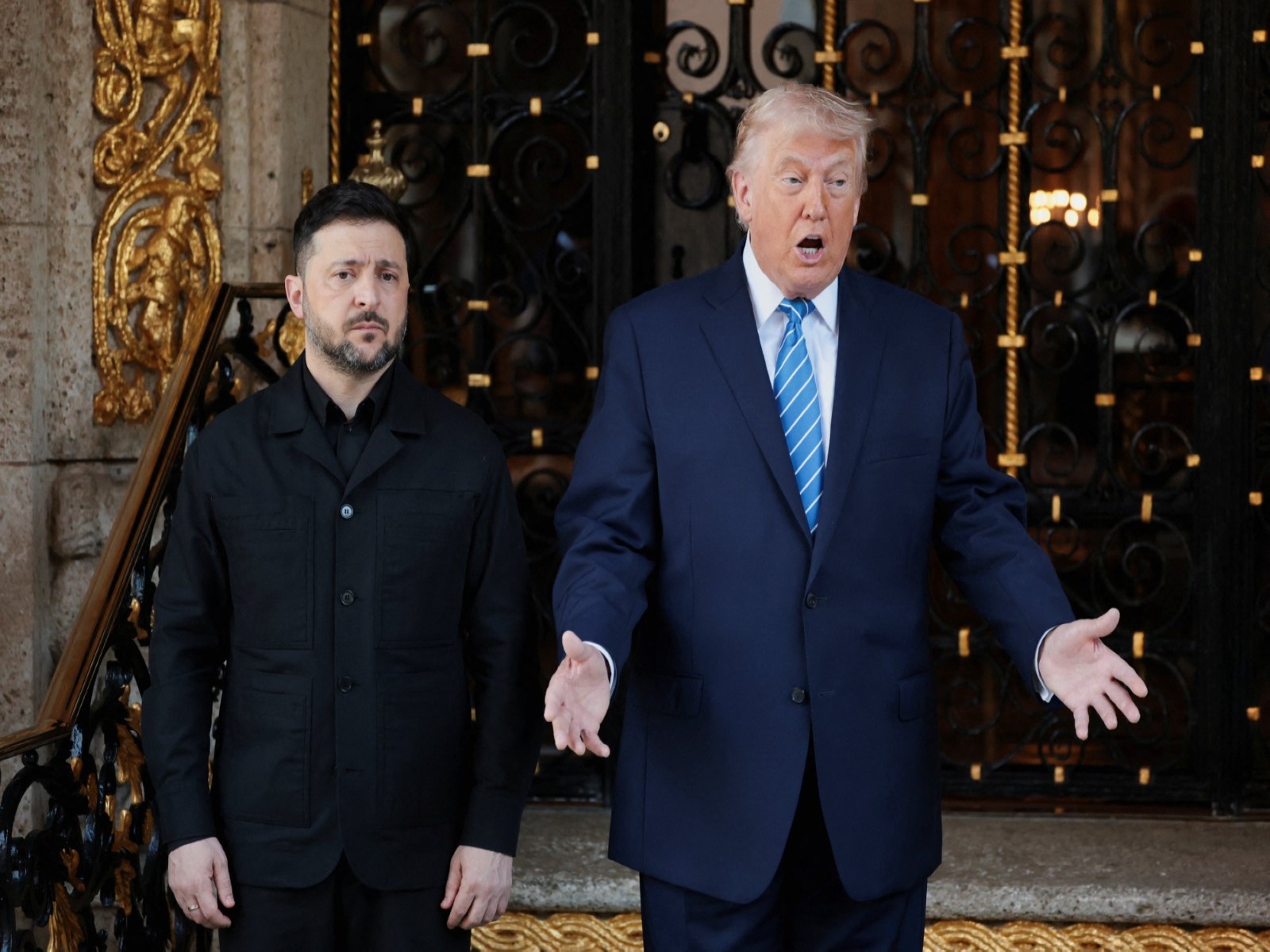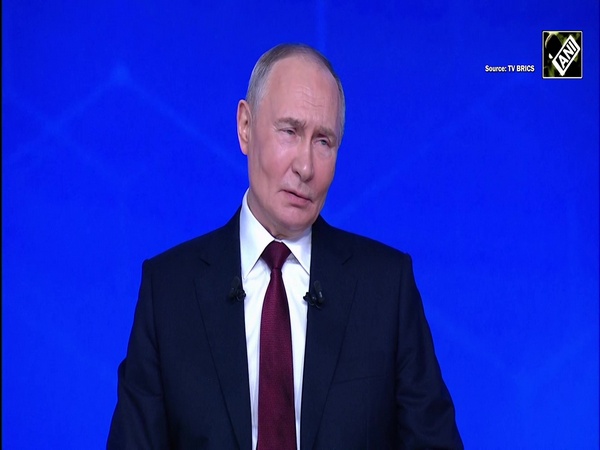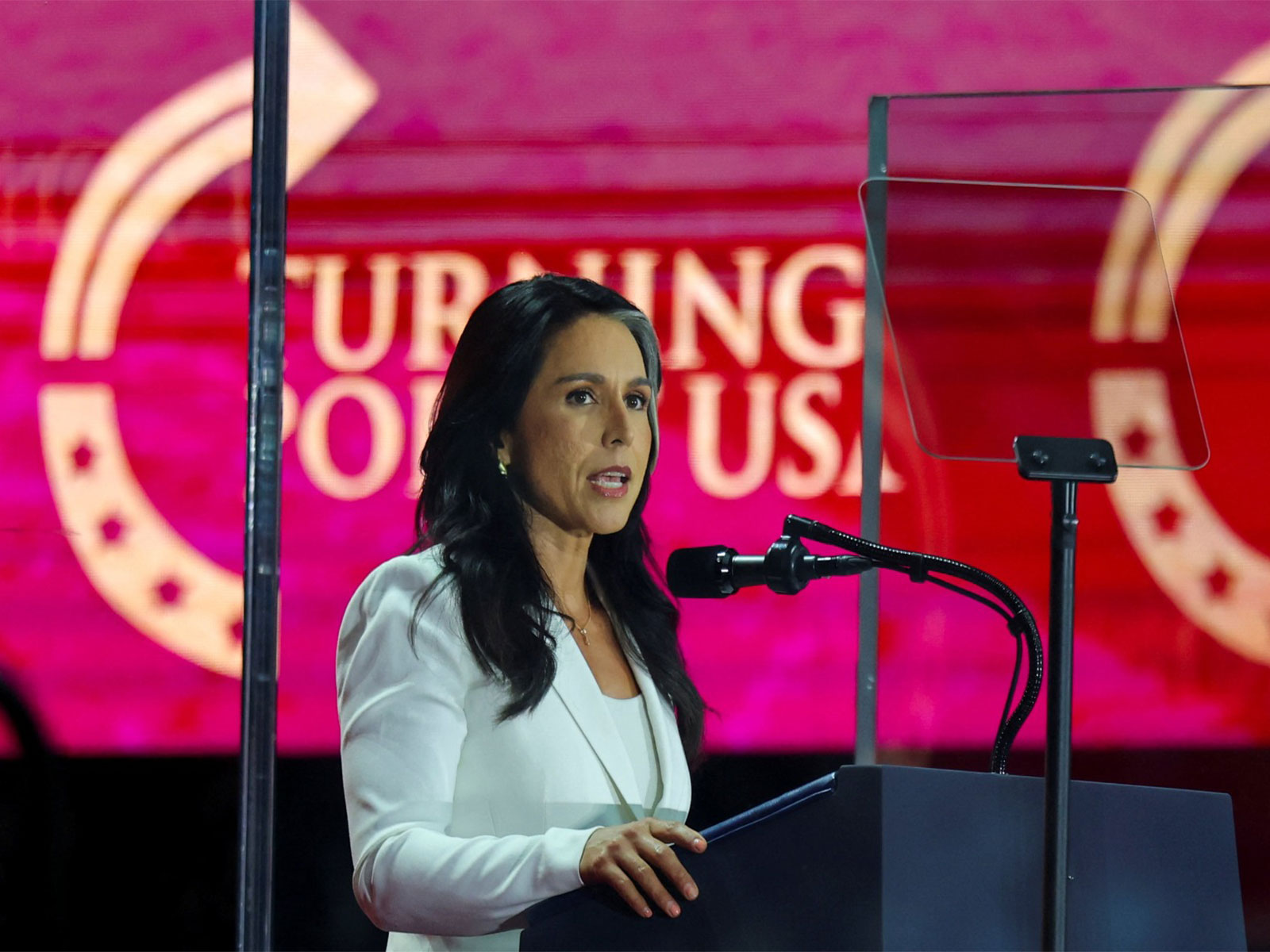
US DNI Gabbard says strategy of "regime change" over, foreign policy fuelled rise of "Islamist terrorist groups"
Nov 01, 2025
Manama [Bahrain], November 1 : US Director of National Intelligence Tulsi Gabbard asserted that America's discredited era of "regime change or nation building" is firmly behind it, describing decades of foreign policy as a "counterproductive and endless cycle".
Speaking at the opening debate of the Manama Dialogue, organised by the International Institute for Strategic Studies (IISS) in Bahrain on Friday, Gabbard argued that decades of Washington's interventionist foreign policies had backfired--breeding instability, draining trillions of dollars, and even fuelling the rise of "Islamist terrorist groups like ISIS".
She further credited President Donald Trump's "pragmatic, deal-driven" approach with steering US foreign policy away from this failed model.
"The old Washington way of thinking is something we hope is in the rearview mirror and something that has held us back for too long. For decades, our foreign policy has been trapped in a counterproductive and endless cycle of regime change or nation-building. It was a one-size-fits-all approach of toppling regimes, trying to impose our system of governance on others, intervening in conflicts that were barely understood, and walking away with more enemies than allies. The results: trillions spent, countless lives lost, and in many cases, the creation of greater security threats and the rise of Islamist terrorist groups like ISIS," she said.
"President Trump was elected by the American people to put an end to this. And from day one, he has shown a very different way to conduct foreign policy--one that is pragmatic, deal-driven, and realistic, focused on protecting American security and prosperity while engaging with the world on terms that actually make sense," Gabbard added, giving the current administration a clean slate.
However, Gabbard's remarks come amid accusations of inconsistency within the Trump administration's foreign policy approach.
While publicly disavowing regime-change operations, Washington has continued to pursue actions reminiscent of the same interventionist playbook.
Earlier in June, US airstrikes on Iranian nuclear sites drew criticism for contradicting Trump's proclaimed shift toward restraint.
Moreover, reports emerged that the US was considering plans to target cocaine facilities and drug trafficking routes in Venezuela--plans that President Trump had publicly dismissed.
The US has also continued to conduct airstrikes on alleged drug-smuggling boats in the Caribbean and Pacific in recent weeks. The United Nations has urged Washington to "immediately cease airstrikes on maritime targets" and prevent what it called the "extrajudicial killing of civilians".
Last week, US Secretary of War Pete Hegseth ordered the Navy's most advanced aircraft carrier strike group, the USS Gerald R Ford, to move from Europe to the Caribbean.
Gabbard also addressed the situation in the Middle East, describing the Gaza peace deal as "fragile."
"He [Trump] negotiated the release of all living hostages from Hamas, while a fragile yet historic ceasefire and peace plan is moving forward," she stated.




